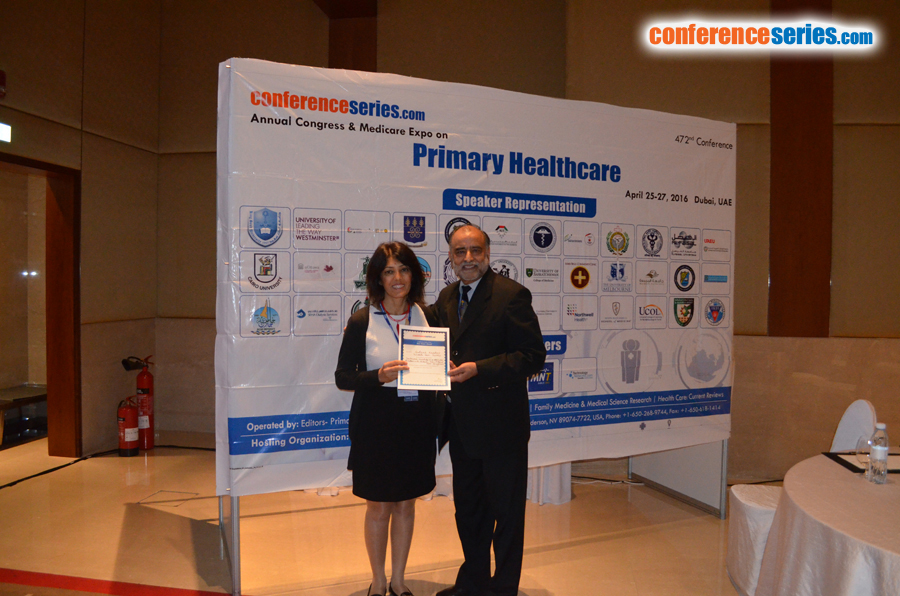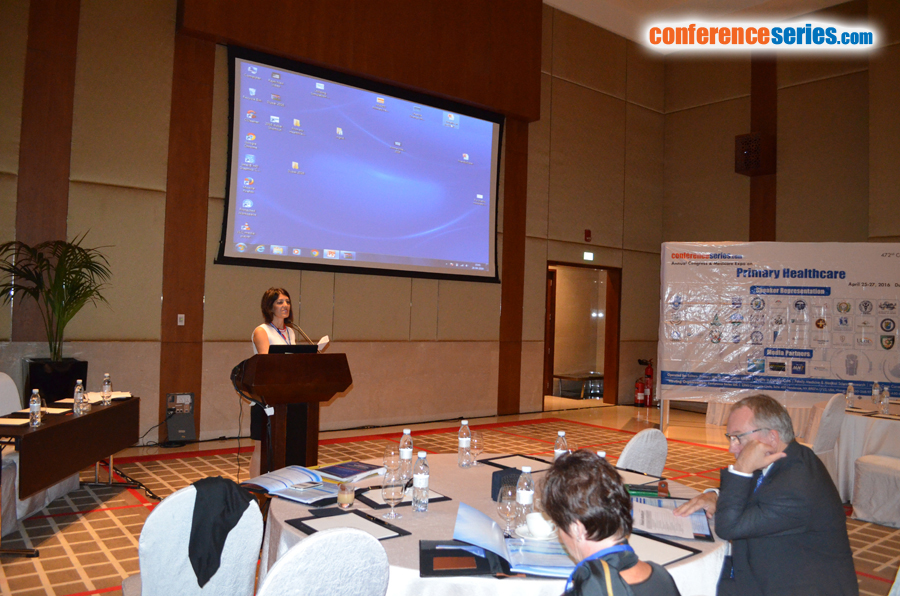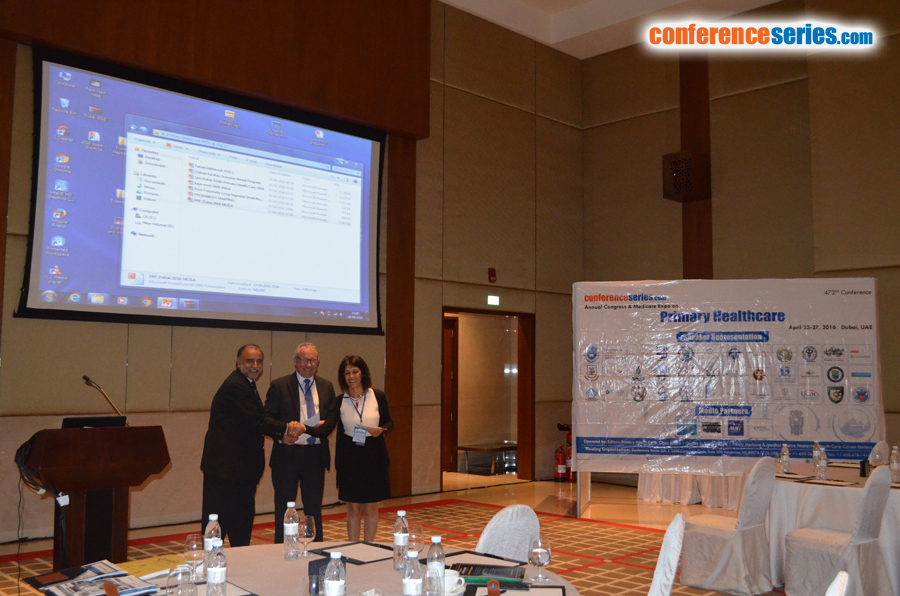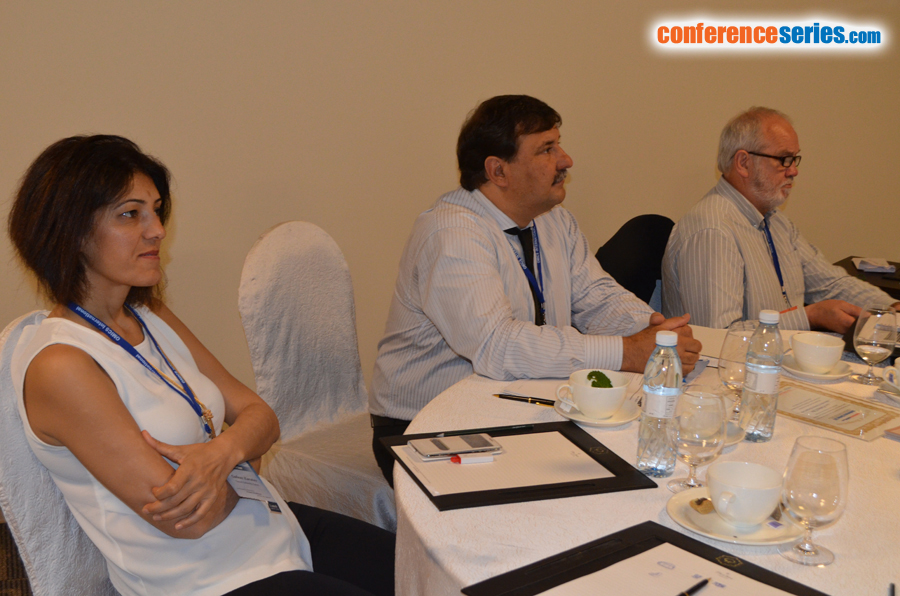
Gulnaz Karatay
Tunceli University, Turkey
Title: Effect of scenario-based school based prevention program to the abilities of students to say
Biography
Biography: Gulnaz Karatay
Abstract
Objective: To develop students' ability to say "No to Substances" in order to prevent substance use. Method: A pre- and post-test study design was used with a single group. All of the 8th graders (n=282) in 3 schools located in an Eastern Province of Turkey were included in the study; however, the study was completed with n=249 students, who responded to both pre- and post-tests. The scenario-based training, developed by the researchers, was applied school counselors for 4 weeks. For this purpose, a teaching booklet was prepared for the teachers as well as a supportive material in a comic book format for students. The scenarios were to improve adolescents' abilities to say "No" to substance offers, to prevent addictive substances, and to call for help if needed. The pre-test of the study was applied in November 20-25, 2015, and the post-test was applied in January 4-8, 2016. The data of the study were collected using personal information form, self-efficacy scale in protection against substance abuse for adolescents, and Rosenberg self-esteem inventory (ROSE). The obtained data were assessed using percentages, Chi-square, t-test and F-test in the SPSS software. Results: The average age of the students was 13.53±0.57. Of the students, 8.5% stated they tried smoking, and 25% stated that they used alcohol. The mean score in the self-efficacy scale in protection against substance abuse for adolescents was found to increase significantly (103.20±20.00) after the training compared to the situation before the training (92.11±17.08) (t=6.374, p=0.001). Similarly, the mean Rosenberg self-esteem inventory score was increased after the training (1.51±0.85) compared to the pre-training score (1.29±0.79), and the difference was statistically significant (t=2.828, p= 0.005). Conclusion: Short-term outcomes of the class-based scenario training were observed to be effective in the development of self-efficacy for substance abuse prevention.




